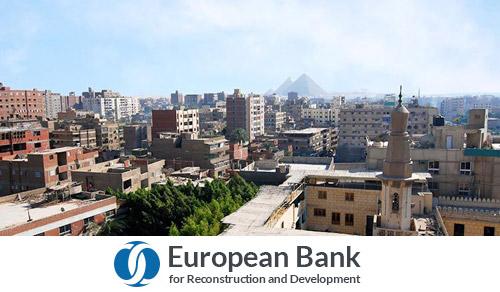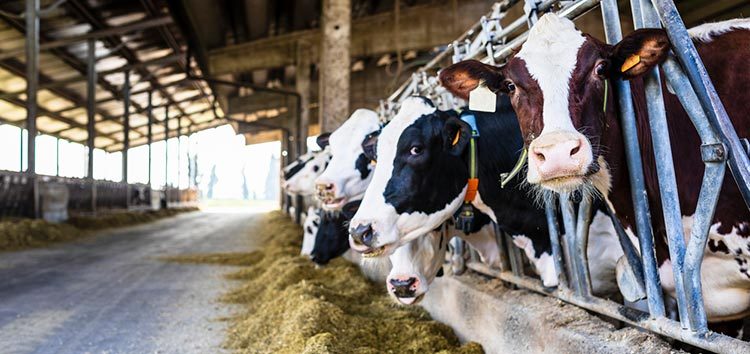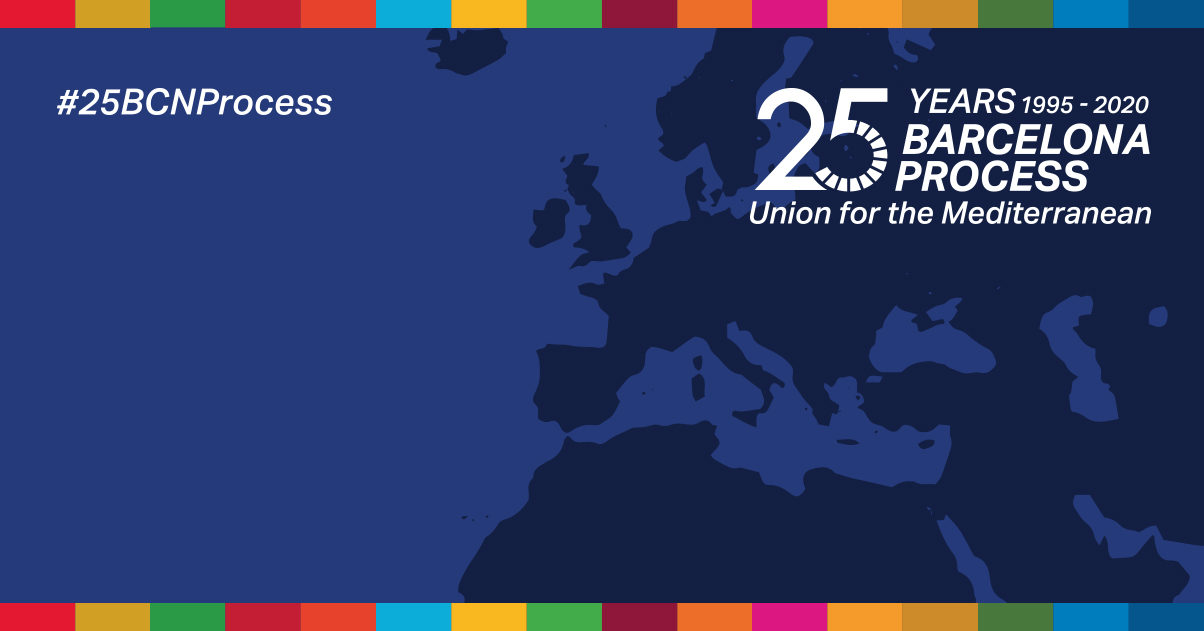MED-QUAD in Jordan fostered collaboration for water conservation and heritage preservation
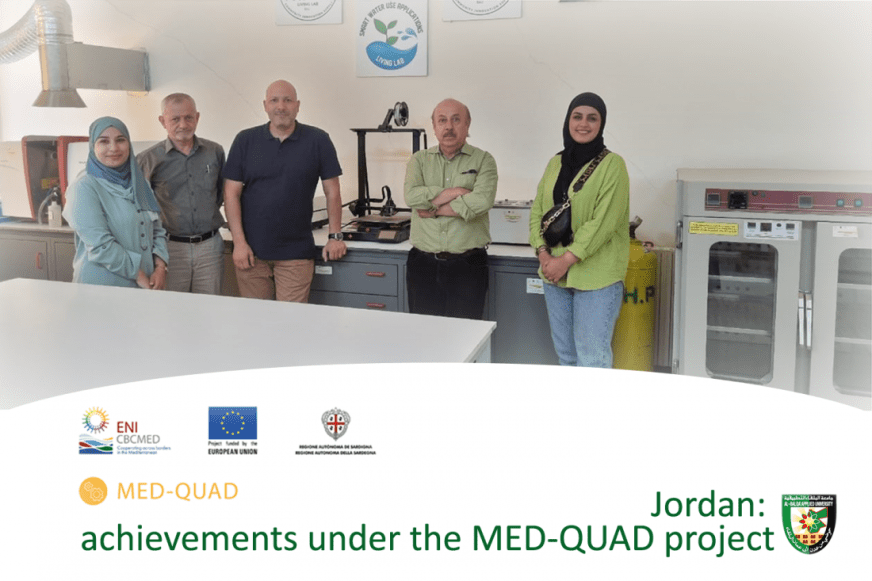
The MED-QUAD project in Jordan has been instrumental in generating remarkable outcomes across various domains, including heritage preservation, water quality assessment, and community engagement. This collaborative initiative in the Mediterranean, with a particular focus on engaging target groups and stakeholders following the Quadruple Helix Approach, has made significant strides in contributing to the sustainable development and cultural heritage preservation of the region. The Al Balqa Applied University, MED-QUAD partner in Jordan, delves into the essential outcomes of the project and sheds light on its profound impact on Jordan:
- Technical Meetings and Collaborative Engagements
One of the cornerstones of the MED-QUAD project has been its emphasis on facilitating technical meetings and collaborative engagements. Seventeen technical meetings brought together stakeholders and target groups, fostering discussions and cooperation for the development and preservation of heritage sites in Jordan. Additionally, six collaborative meetings were conducted with members of the City Development Groups (CDGs), a consortium of key stakeholders, to discuss the utilization of the SWUAP lab for testing a new gray water quality product.
- Establishment of Mediterranean Cross-border Living Labs
The MED-QUAD project recognized the importance of research and development facilities for its mission. Thus, the project partners established two “Living Labs” (open spaces for citizen involvement in research) to facilitate cross-border cooperation in each participating country. The first Living Lab is dedicated to “Smart Water Use Applications Living Lab-SWUAP,” and the second focuses on “Applied Research for Cultural Heritage Exploitation – ARCHEO Living Lab.” These well-equipped laboratories have played a crucial role in various research activities, from laboratory tests to collaborative research with startup companies in the water treatment sector, as well as in boosting cultural heritage.
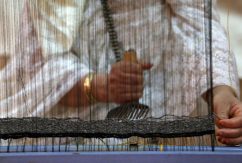
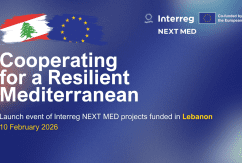
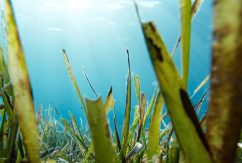
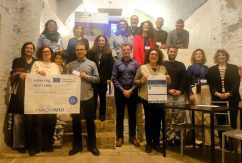

























 Syria
Syria 